Nitrogen
michelle_co
9 years ago
Related Stories
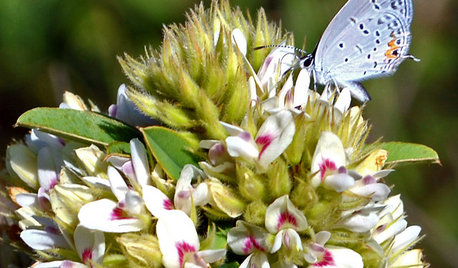
GARDENING GUIDES5 Prairie Wildflowers That Can Heal Your Soil
Get free, organic soil fertilizer with nitrogen-pumping plants that draw pollinators too
Full Story
GARDENING GUIDESNew Ways to Think About All That Mulch in the Garden
Before you go making a mountain out of a mulch hill, learn the facts about what your plants and soil really want
Full Story
GARDENING GUIDESThe Poop Scoop: Enrich Your Soil With Good Old Manure
Get over the ick factor already — this natural super-ingredient for soil has so many benefits, you'll wonder why you ever went chemical
Full Story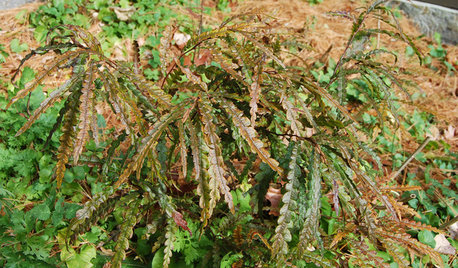
GARDENING GUIDESGreat Design Plant: Comptonia Peregrina
Though not a fern, sweet fern sure smells sweet and thrives in tough spots where many shrubs and ferns cannot
Full Story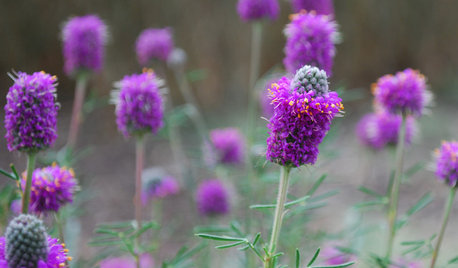
GARDENING FOR BUTTERFLIESGreat Design Plant: Purple Prairie Clover
Bees and butterflies and color, oh my! This cheery native perennial will energize your landscape
Full Story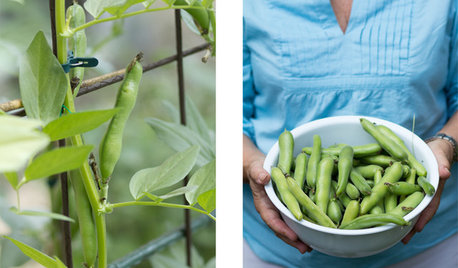
SUMMER FRUITS AND VEGETABLESSummer Crops: How to Grow Beans
Grow your own beans for amazing variety and healthy, convenient produce all summer
Full Story
GARDENING GUIDESGet on a Composting Kick (Hello, Free Fertilizer!)
Quit shelling out for pricey substitutes that aren’t even as good. Here’s how to give your soil the best while lightening your trash load
Full Story
GARDENING GUIDESGarden Myths to Debunk as You Dig This Fall and Rest Over Winter
Termites hate wood mulch, don’t amend soil for trees, avoid gravel in planters — and more nuggets of garden wisdom
Full Story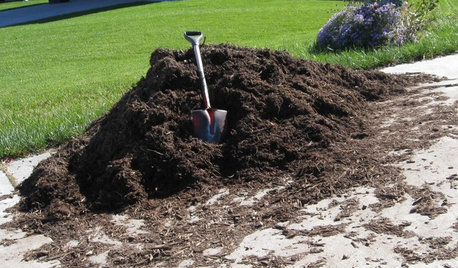
FRONT YARD IDEASBefore and After: Front Lawn to Prairie Garden
How they did it: Homeowners create a plan, stick to it and keep the neighbors (and wildlife) in mind
Full Story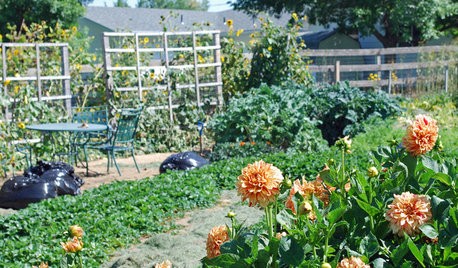
GARDENING GUIDESTackle Weeds the Natural Way
Instead of dousing your yard with chemicals to wipe out weeds, let time and nature work their magic via smothering and solarization
Full Story





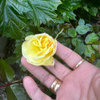


hoovb zone 9 sunset 23
michaelg
Related Professionals
Londonderry Landscape Architects & Landscape Designers · Towson Landscape Architects & Landscape Designers · Burien Landscape Contractors · Dallas Landscape Contractors · Lyndhurst Landscape Contractors · Medford Landscape Contractors · North Highlands Landscape Contractors · Post Falls Landscape Contractors · Rosemount Landscape Contractors · Salem Landscape Contractors · San Rafael Landscape Contractors · Seymour Landscape Contractors · Vermilion Landscape Contractors · Greenfield Landscape Contractors · Winter Gardens Landscape Contractorsmichelle_coOriginal Author
mirendajean (Ireland)
michaelg
hoovb zone 9 sunset 23
michelle_coOriginal Author
michaelg
michelle_coOriginal Author
kidhorn
michaelg
michelle_coOriginal Author
michaelg